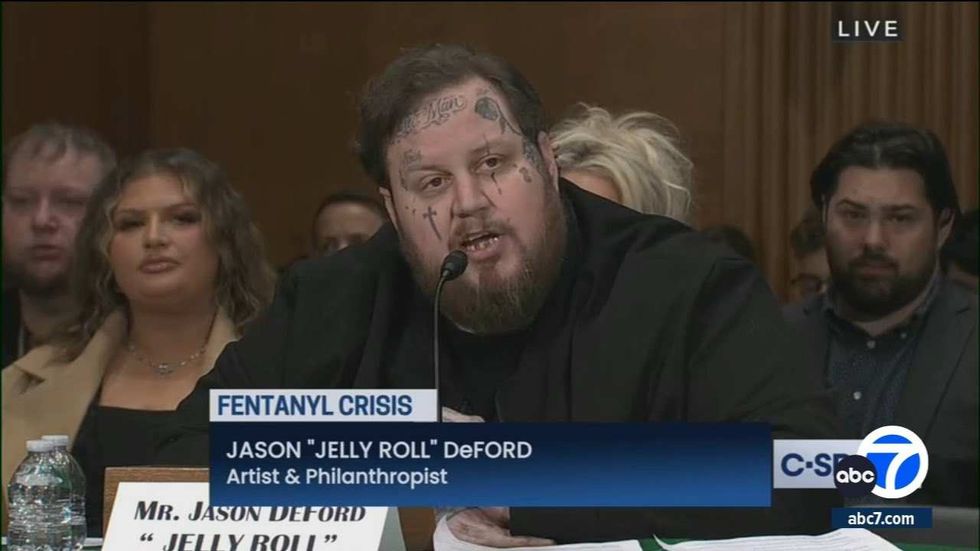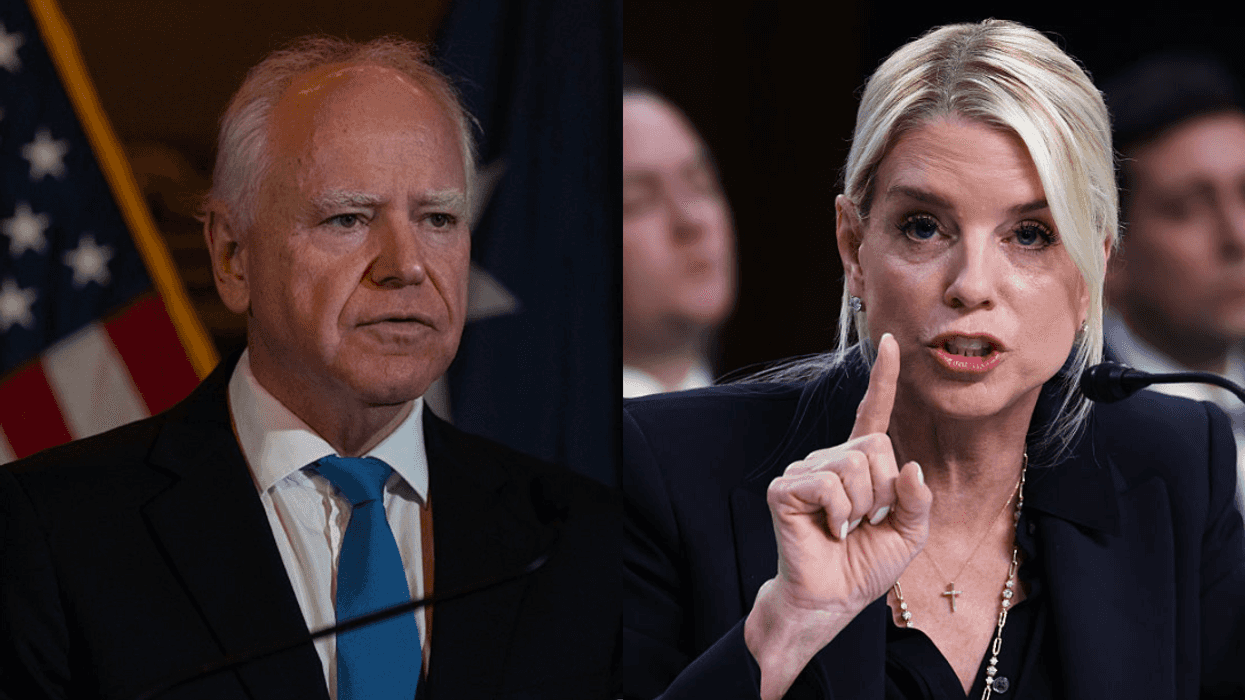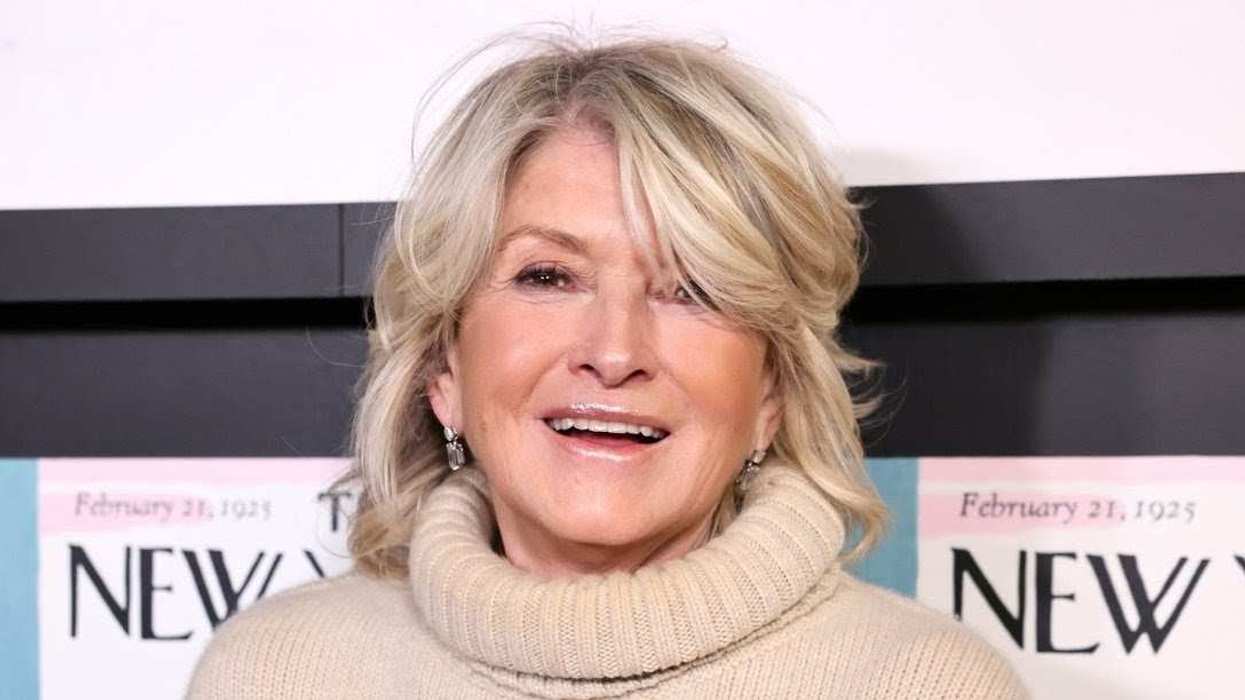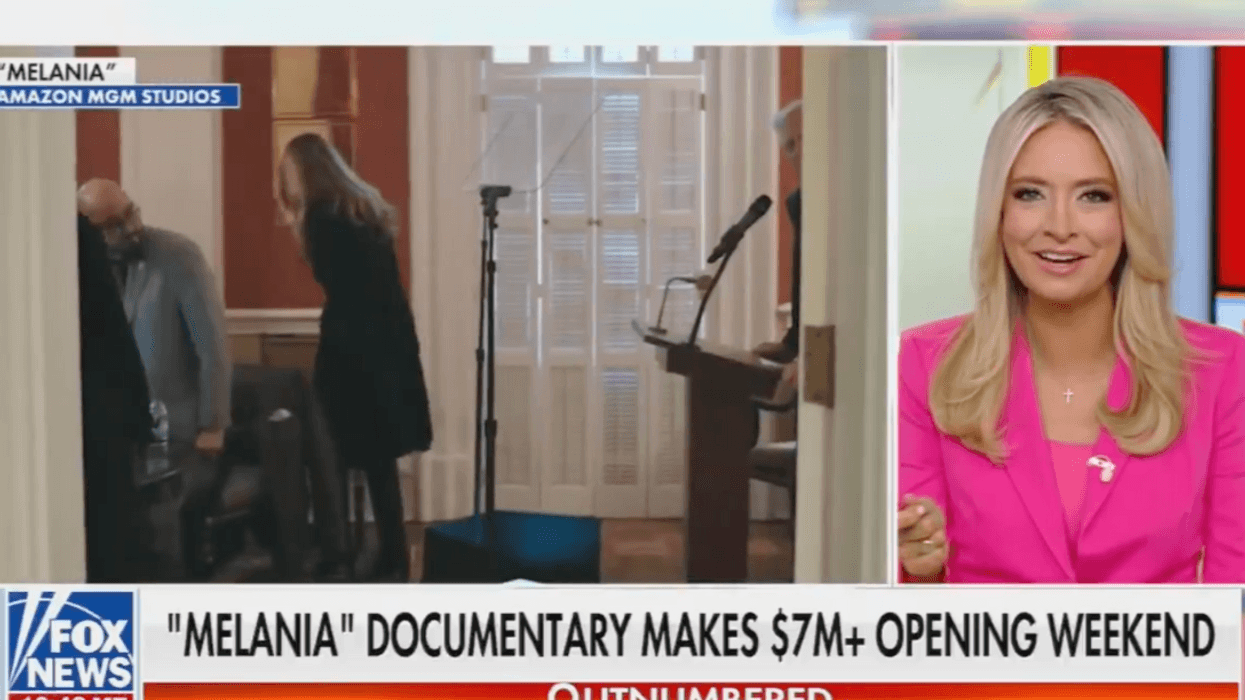American taxpayers have finally begun seeing the CARES Act-approved stimulus checks of $1,200 or more being deposited into their bank accounts this week.
But Charles Calvin from Indiana thought he had won the jackpot from the government when he went to the ATM over the weekend to withdraw some cash.
The volunteer firefighter in New Chicago told WGNTV that he expected to receive $1,700 from the IRS.
Instead, he received $8.2 million.
"I went to the ATM at the Family Express and once I withdrew $200 out of my account I looked at the available balance still left in my account."
When he swiped his card again, just to make sure, the same amount appeared.
You can watch the news report featuring Calvin and his temporary millions in the clip below.
Indiana man waiting for $1,700 stimulus payment sees millions in his bank accountyoutu.be
Unfortunately, his millionaire status was short-lived.
On Monday, Calvin contacted his bank to question the amount. But by then, his surprise millions disappeared from his account.
The bank confirmed, however, that he did receive the proper payment of $1,700.
The volunteer firefighter commented on IRS's financial fake-out.
"It kind of sucks. You go from being a millionaire one second then back to being broke again."
"But hey, once you're poor you don't have anywhere else to go but up."
Surely this was a misunderstanding.
People commented on his missed opportunity.
Calvin wondered whether or not the federal government was responsible for the gaffe.
"It gives you pause and makes you think what's going on."
"If there's some sort of clerical error or whatnot, they should be on top of it."
According to a House Ways and Means Committee memo, the IRS is using direct deposit information to send the impact checks to those who have filed for their 2018 and 2019 taxes.
A second wave of checks is expected later this month to be sent to Social Security recipients who receive their benefits through direct deposit.
A Treasury Department spokeswoman said that payments are being sent according to reverse adjusted gross income order, meaning that those with lower income should be seeing their checks first.
You can expect to track the whereabouts of your check when the Get My Payment web app launches this week.








 @WUTangKids/X
@WUTangKids/X @WUTangKids/X
@WUTangKids/X @WUTangKids/X
@WUTangKids/X @WUTangKids/X
@WUTangKids/X







